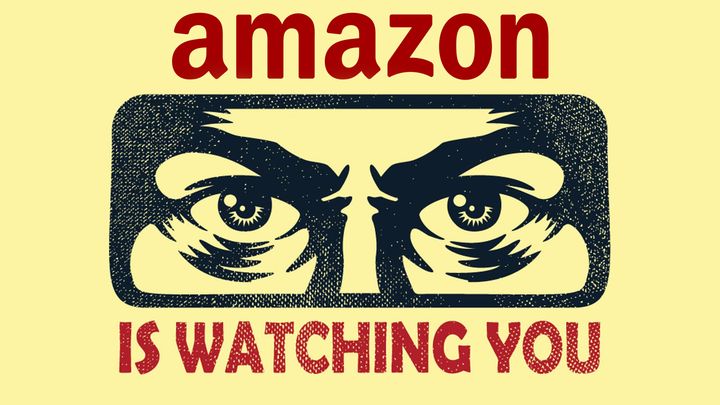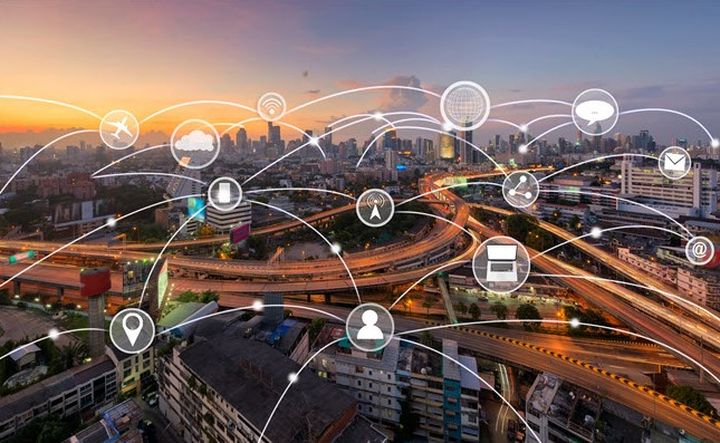Amazon's Sidewalk Network Can Track Millions of People
The recently announced new connectivity standard called Sidewalk can enable Amazon to track millions of users of its mobile devices. This also applies to people who do not intend to use the network created by the company.
1

During the last Amazon presentation event we could see the proposals of interesting devices and technologies, which the company is currently working on. One of these projects is Sidewalk, a new standard for wireless communication. The technology allows for building a network of interconnected, intelligent devices, enabling efficient data transmission in almost any place (i.e. devices in private hands). Eero routers are to form the spine of the system - 700 pieces is said to be enough to cover the entire area of Los Angeles. This effect is made possible by the use of the 900 MHz frequency, which significantly increases the range. However, some experts warn that this technology poses a serious threat to our privacy. The case was publicized by the activist Liz O'Sullivan.
What's the problem? Sidewalk uses Wi-Fi and requires all data to be sent via access points. Even if you do not connect to the Amazon network at any given time, your device will contact the Amazon network using a unique identifier called a MAC address. This is a normal procedure that allows hardware to search for available connections.
The problem is that Amazon is a huge company that offers a variety of services. What if, using our smartphone, we happen to buy something from a company store or watch a movie on Amazon Prime? Our hardware identifier can be found in the database, associated with a specific name and address. In such a situation, the mere fact that we are within the range of the network may be sufficient for the company to determine our location at a given moment in time.

If we add to this the fact that Amazon - to put it mildly - has problems with respecting the privacy of its customers, Sidewalk may turn out to be a recipe for a disaster (it is also worth remembering that the company cooperates with some services - e.g. by sharing images from Ring cameras with several hundred departments of the American police). And that's if everything goes according to plan, but it doesn't have to be like that. What if the network security is broken and used by a criminal? A technology that allows for quit literal tracking of millions of people is too powerful a tool for one entity - even a government or intelligence service, let alone a corporation.
- Top Roblox YouTuber IANROCKS’s channel has been suspended. Other creators are worried, “All my hard work could just get nuked one day, and I’d have to start from scratch”
- YouTuber loses channel to AI error, wins legal battle, but YouTube still ignores him
- Discussion about AI label on Steam continues. “The dev is being punished for their naive honesty”
1
Latest News
- End of remote work and 60 hours a week. Demo of Naughty Dog's new game was born amid a crunch atmosphere
- She's the new Lara Croft, but she still lives in fear. Trauma after Perfect Dark changed the actress' approach to the industry
- „A lot has become lost in translation.” Swen Vincke suggests that the scandal surrounding Divinity is a big misunderstanding
- Stuck in development limbo for years, ARK 2 is now planned for 2028
- Few people know about it, but it's an RPG mixing Dark Souls and NieR that has received excellent reviews on Steam, and its first DLC will be released soon

